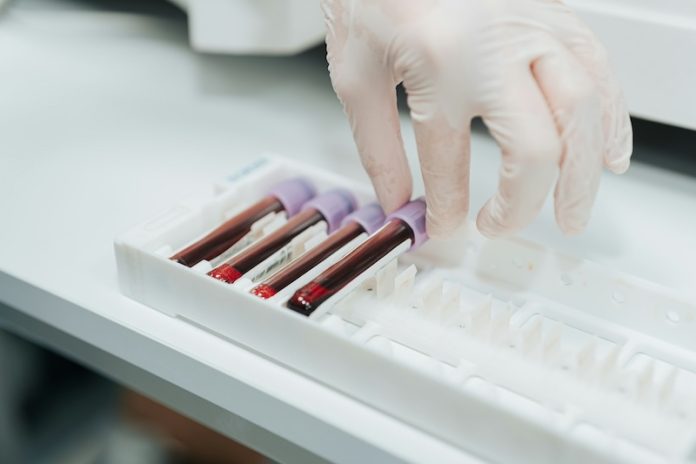
Alzheimer’s disease is a devastating illness that slowly takes away a person’s memory, ability to think clearly, and often their personality. It deeply affects not just the patient, but their families and caregivers as well.
As new treatments become available to slow the disease—especially in its early stages—doctors urgently need better ways to diagnose Alzheimer’s earlier and more easily.
A recent study from the Mayo Clinic offers new hope. Researchers tested an FDA-approved blood test that could help doctors in regular outpatient memory clinics identify Alzheimer’s in patients showing early signs of cognitive trouble.
Their findings, published in the journal Alzheimer’s and Dementia, show that this blood test is both accurate and convenient—making it a promising tool for everyday use.
Right now, doctors usually detect Alzheimer’s by using PET scans or spinal taps, which look for toxic proteins in the brain known to cause the disease. These procedures, while effective, are expensive, uncomfortable, and not available in many clinics. That’s why doctors have been searching for easier, cheaper ways to spot Alzheimer’s earlier—before serious symptoms appear.
In this Mayo Clinic study, researchers found that the blood test correctly identified Alzheimer’s in 95% of patients who had it, and correctly ruled it out in 82% of those who didn’t. That level of accuracy is similar to the much more invasive spinal tap test, according to lead researcher Dr. Gregg Day, a neurologist and dementia specialist at Mayo Clinic.
Over 500 patients took part in the study at the Mayo Clinic Memory Disorder Clinic in Florida. These individuals were dealing with a wide range of memory and thinking issues, including early and late-onset memory loss, different types of dementia like Lewy body dementia, and vascular-related cognitive decline.
Participants ranged in age from 32 to 89, and their average age when symptoms began was 66. In just over half of the cases—56%—Alzheimer’s was determined to be the cause of symptoms.
To detect the disease, Mayo Clinic Laboratories tested each patient’s blood for two key proteins: Aβ42/40 and p-tau217. These proteins are linked to amyloid plaques, one of the major signs of Alzheimer’s disease in the brain.
The researchers found that levels of p-tau217 were clearly higher in people with Alzheimer’s. However, they also discovered that people with kidney disease had higher levels of this protein, so doctors need to take kidney function into account when using the test.
Of the 509 people tested, 267 had blood results that showed signs of Alzheimer’s. That included 233 out of 246 patients who had already been diagnosed with cognitive problems due to Alzheimer’s—meaning the test correctly identified the disease in nearly all of those cases.
This research builds on a previous Mayo Clinic study that showed how these blood tests stack up against PET brain scans, which are still considered the gold standard in research settings. But blood tests could soon become a new standard in clinical care, offering a much simpler way to test more people in more places.
Dr. Day says the next steps are to test this approach in even more diverse groups of people, including those who have early Alzheimer’s but no symptoms yet. His team also wants to study how other health issues might affect the accuracy of these blood tests, especially in clinical trial settings where new treatments are being tested.
The promise of this research is huge. With a simple blood test, doctors may soon be able to spot Alzheimer’s earlier, guide treatment decisions, and help patients and families prepare. That means faster diagnoses, easier testing in local clinics, and more chances to take action before the disease progresses too far.
If you care about Alzheimer’s disease, please read studies that bad lifestyle habits can cause Alzheimer’s disease, and strawberries can be good defence against Alzheimer’s.
For more information about brain health, please see recent studies that oral cannabis extract may help reduce Alzheimer’s symptoms, and Vitamin E may help prevent Parkinson’s disease.
The research findings can be found in Alzheimer’s & Dementia.
Copyright © 2025 Knowridge Science Report. All rights reserved.



